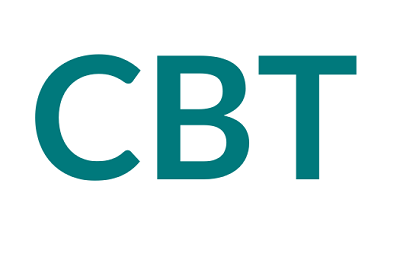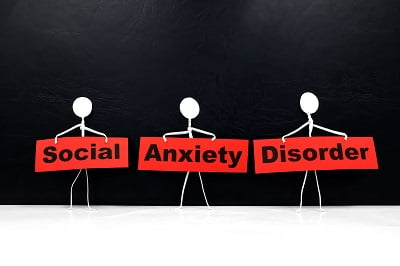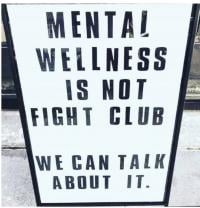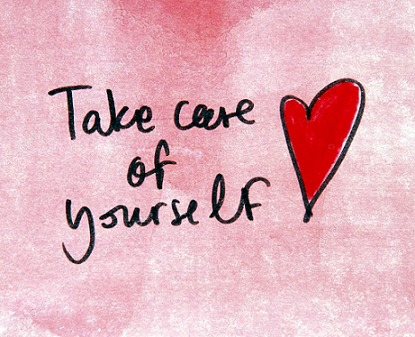Cognitive-Behavioral Therapy for Social Anxiety Group
Behavioral Therapy for Social Anxiety Group is for adults 18 and up. This is a fee for service program and includes one individual intake/screening session and 12 group sessions - 90 minutes each.
Empirically based group sessions include psychoeducation, ongoing monitoring of progress, graduated and prolonged exposure, cognitive restructuring, anxiety management, weekly between session homework assignments, relapse prevention.
Causes of Social Anxiety Disorders
ADAA member Martin Stork created this video on Social Anxiety Disorder.






 I remember it like it was yesterday. My first panic attack. I was 8 years old, and I felt like I was dying. The worries in my mind had taken over my body and it was as if I had no control over what was happening to me. Growing up, anxiety was not talked about often or understood by most people. The stigma, embarrassment, and shame led me to keep this part of me hidden.
I remember it like it was yesterday. My first panic attack. I was 8 years old, and I felt like I was dying. The worries in my mind had taken over my body and it was as if I had no control over what was happening to me. Growing up, anxiety was not talked about often or understood by most people. The stigma, embarrassment, and shame led me to keep this part of me hidden.






